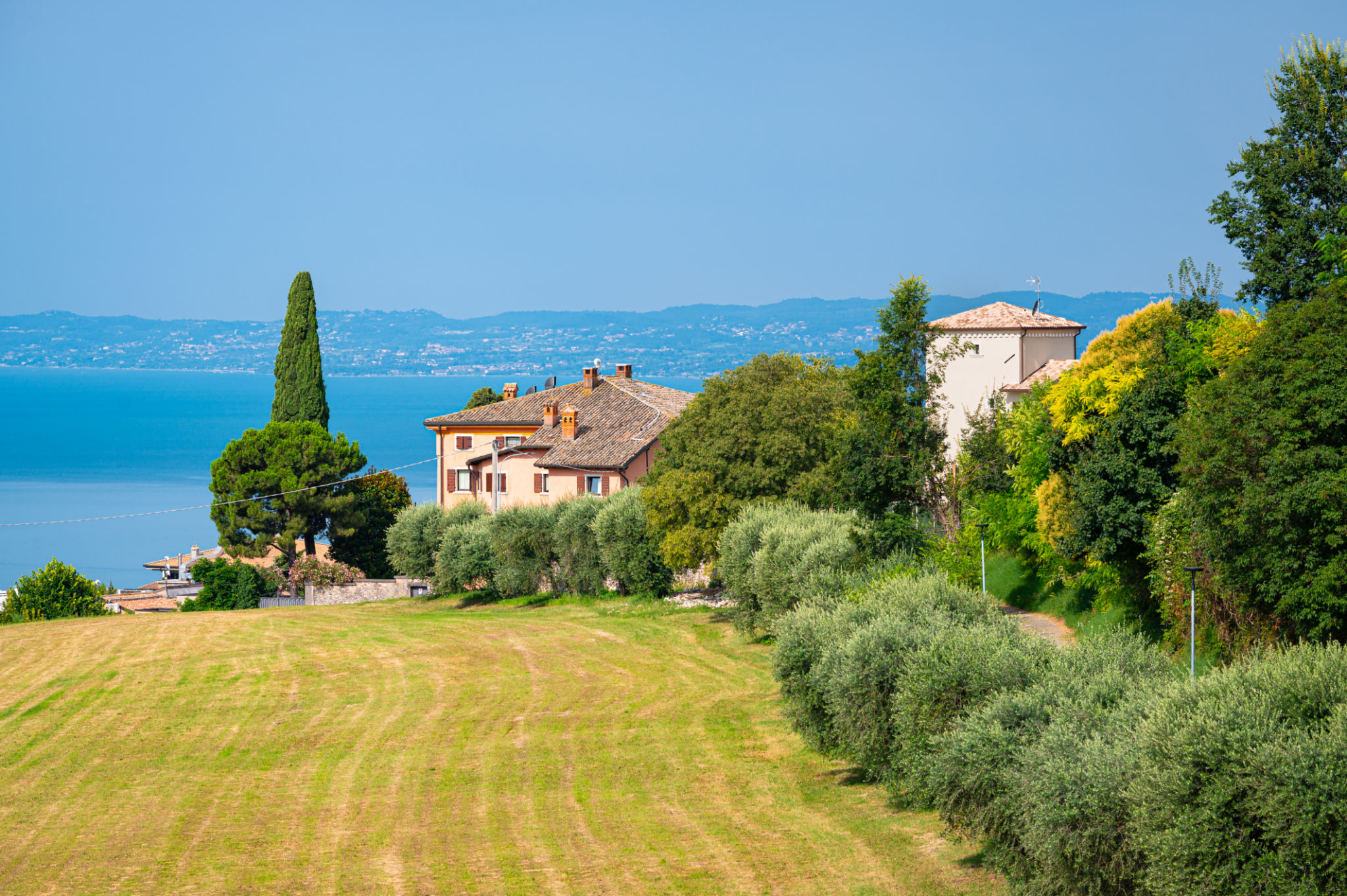The Complete Guide to Real Estate Costs in Italy
Understanding Real Estate Costs in Italy
Italy, with its picturesque landscapes and rich cultural heritage, is a dream destination for many real estate investors and homebuyers. However, understanding the intricacies of real estate costs in Italy is crucial for a successful investment. This guide aims to break down the various expenses you can expect when purchasing property in this beautiful country.
The initial cost of buying property in Italy involves not just the price of the property but also several additional expenses. These include taxes, notary fees, and agency fees. It's important to have a clear understanding of each of these to avoid any surprises.

Property Purchase Price
The most significant cost when buying property in Italy is, of course, the purchase price. This varies greatly depending on the location, size, and type of property. For instance, properties in major cities like Rome or Milan are generally more expensive than those in rural areas or smaller towns.
It's essential to conduct thorough research and potentially work with a local real estate agent who understands the market dynamics and can help you find properties that fit your budget.

Taxes and Fees
When purchasing property in Italy, you will encounter several taxes and fees. The main ones include:
- Registration Tax: This is typically 9% of the cadastral value of the property for second homes, but only 2% for first-home buyers.
- Notary Fees: Notaries play a crucial role in property transactions in Italy. Their fees usually range from 1% to 2.5% of the purchase price.
- Agency Fees: If you use a real estate agency, expect to pay an agency fee, which is generally between 3% and 8% of the purchase price.
Ongoing Ownership Costs
Owning property in Italy also comes with ongoing costs. These include annual property taxes, maintenance costs, and utility bills. Understanding these expenses will help you budget more effectively and ensure the long-term viability of your investment.

Financing Options
If you're considering financing your purchase, it's important to understand the mortgage options available in Italy. Italian banks offer various mortgage products to foreigners, but terms and conditions can vary significantly. It's advisable to consult with a financial advisor or mortgage broker who specializes in Italian real estate to explore your options.
Interest rates in Italy have historically been lower than in many other countries, making it an attractive option for financing. However, always consider currency fluctuations and potential risks associated with foreign investments.
Additional Considerations
Before making a purchase, consider additional factors such as local regulations and potential renovation costs if you're buying an older property. It's also wise to engage a surveyor to assess the property's condition before completing the purchase.
In conclusion, while investing in Italian real estate can be incredibly rewarding, it requires careful planning and consideration of all associated costs. By thoroughly understanding these expenses and seeking expert advice when needed, you can make informed decisions that align with your financial goals.
